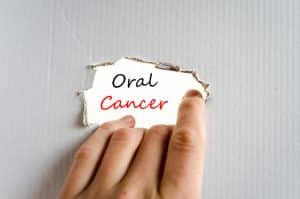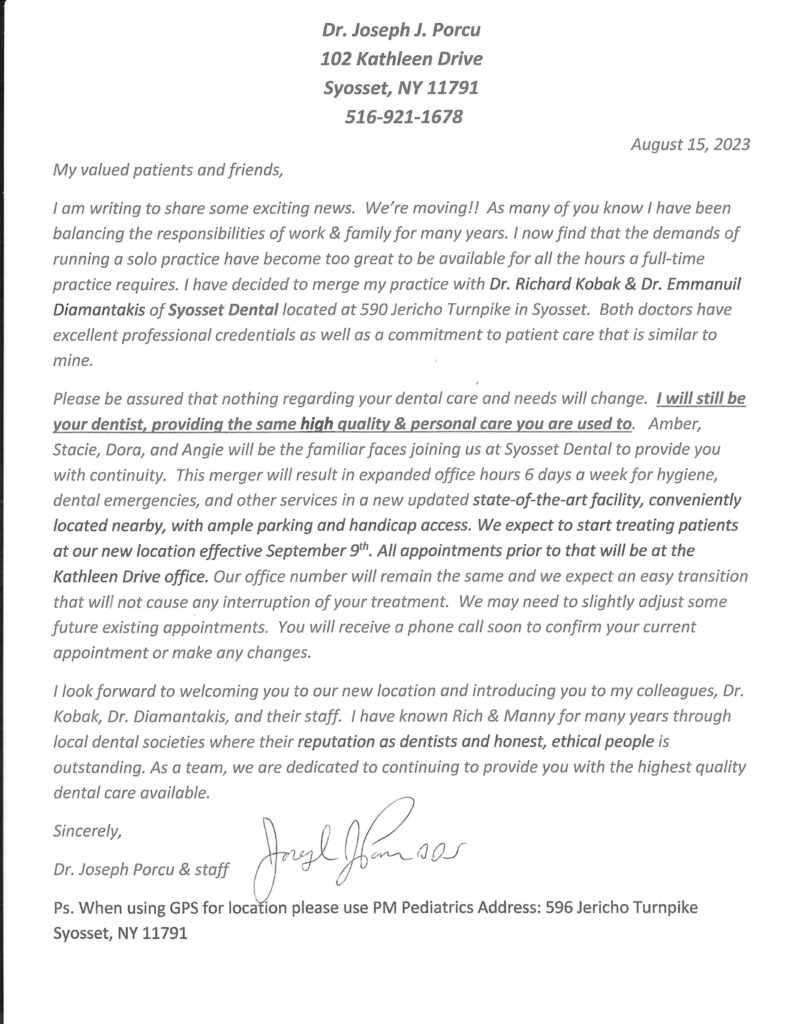 It’s not as frequently talked about as many other cancers, but oral cancer is one of the deadliest and most prevalent cancers of them all. Every year, more than 40,000 people in America are diagnosed with the disease, and every year, more than 8,000 people lose their battle with it. The good news, though, is that oral cancer is usually more successfully beaten when it’s detected and treated early. The best way to ensure early detection is to allow your dentist to examine your mouth routinely, and to know the important facts about oral cancer screening even when you’re at home.
It’s not as frequently talked about as many other cancers, but oral cancer is one of the deadliest and most prevalent cancers of them all. Every year, more than 40,000 people in America are diagnosed with the disease, and every year, more than 8,000 people lose their battle with it. The good news, though, is that oral cancer is usually more successfully beaten when it’s detected and treated early. The best way to ensure early detection is to allow your dentist to examine your mouth routinely, and to know the important facts about oral cancer screening even when you’re at home.
Did You Know?
- The classification, oral cancer, includes cancers of every area of your oral structures, such as the tongue, lips, cheeks, tonsils, esophagus, and more. Of the different kinds of head and neck cancers, oral cancer makes up about 85% of all cases.
- The survival rate for many cases of late-stage oral cancer hovers around 57%. However, when the disease is detected early and treatment is sought immediately, that rate can jump as high as 80% or more. Like most diseases, early detection is often the key to successfully recovering from oral cancer.
- There is no single direct cause of oral cancer, but experts know that several things can influence your risks of developing it. For instance, smoking and smokeless tobacco use, excessive alcohol consumption, and poor oral health care can all contribute to increased risks of oral cancer.
- In addition to regular screening during every checkup, we also perform more detailed screenings annually using the advanced VELscope early detection system. VELscope uses a fluorescent blue-spectrum light source to highlight areas of concern, including abnormalities like lesions, sores, and more, that may be difficult to spot with just a visual inspection. VELscope is typically recommended for patients over the age of 40, but is also used for younger patients who may exhibit a higher risk of oral cancer.
- Oral cancer is most often detected by your dentist, but you should perform regular screenings at home, as well. During your oral cancer screening, your dentist will also instruct you on how to perform a similar examination at home, preferably every month, between your dental visits.











